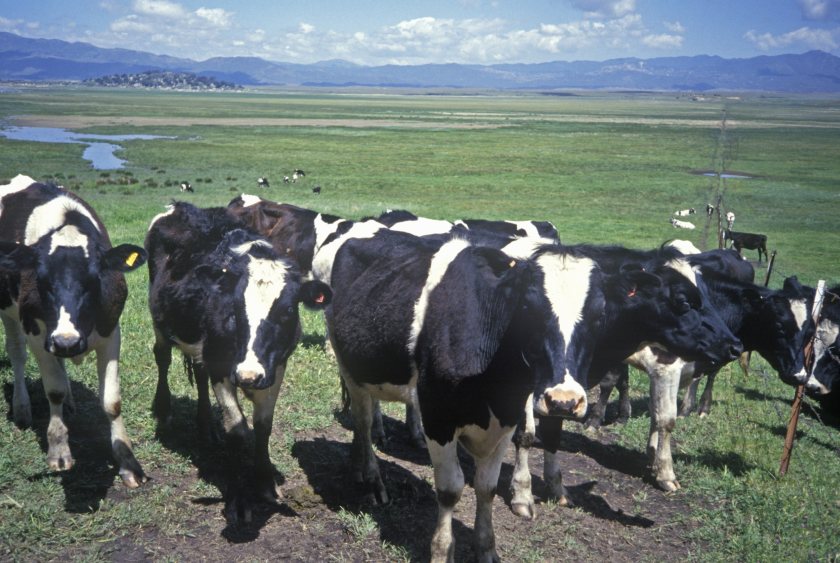Texas person contracts bird flu after working with dairy cattle

A person in Texas has been diagnosed with avian influenza following the recent discovery of the virus in dairy cattle, state officials have said.
The Texas Department of State Health Services said the human case of avian influenza A(H5N1) was identified in a person who had direct exposure to dairy cattle presumed to be infected with the virus.
The patient, who experienced eye inflammation as their only symptom, was tested for flu late last week with confirmatory testing performed by the Centers for Disease Control (CDC) over the weekend.
The person is being treated with the antiviral drug oseltamivir, according to the department, which added the case did not change the risk for the general public, which remains low.
According to the CDC, this is the second human case of H5N1 flu in the United States and the first linked to an exposure to cattle.
In March, the Texas Animal Health Commission announced the first cases of avian influenza in dairy cattle in the state.
Avian influenza A(H5N1) is a type of flu virus that usually infects wild birds and can spread to domestic birds and other animals.
It occasionally infects people, though it is extremely rare for it to be transmitted from one person to another.
Initial testing shows the virus has not changed in a way to make it more likely to spread among humans.
The Texas Department of State Health Services said: "The cattle infections do not present a concern for the commercial milk supply.
"Dairies are required to destroy or divert milk from any sick cows, plus pasteurization kills avian flu viruses.
"DSHS is providing guidance to affected dairies about how to minimize workers’ exposure and how people who work with affected cattle can monitor for flu-like symptoms and get tested.
"Illnesses in people with H5N1 flu infections have ranged from mild, such as eye infection and upper respiratory symptoms, to severe, such as pneumonia and death."








